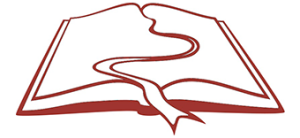Philosophers who work outside of academia – Part 2
A couple of weeks ago Helen de Cruz conducted in-depth interviews with philosophers who work outside of academia. This is a selection from the interview she had with me. Helen published the complete interview series at the New APPS: Art, Politics, Philosophy, Science group blog: part 1, 2, 3.

